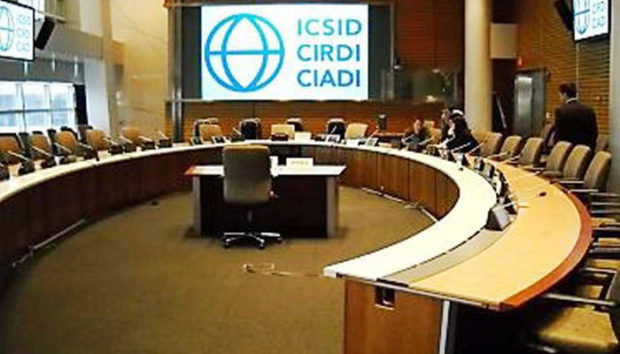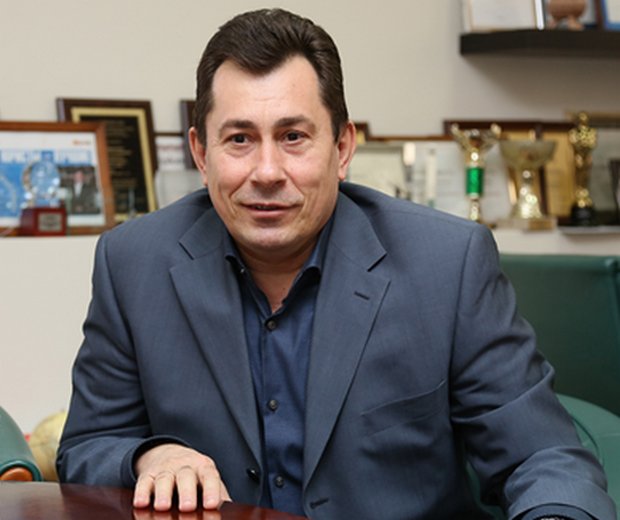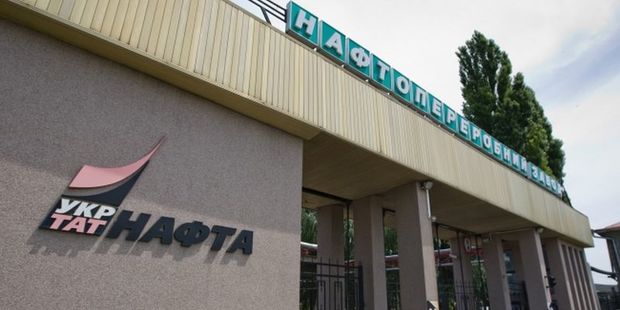Tatneft’s lawyer: ''In order to get something from the government, one’s nerves become frayed first''
Lawyers tell about the downside of foreign investments of Russian companies
The Russian companies acquiring assets abroad can protect their investment only in those states that recognize the arbitral decisions of ICSID at the World Bank because a non-fulfilment threatens developing countries with termination of funding from the bank. The heads of the legal services of Tatneft, MTS and other companies came to this controversial conclusion at the international legal forum Kazan Legal-2017. They stated that investment claims against a state are increasing as well as the number of expropriations in the countries of the CIS. Read more in the article of Realnoe Vremya.
The downside of foreign investments
Perhaps the most expensive lawyers in international commercial law gathered at the International legal forum Kazan Legal 2017 for the final evening session. ''Investment arbitration: additional opportunities in investment protection'' — it is how the organizers of the forum formulated a new discussion topic included in the agenda.
But, in fact, we are talking about the downside of the investment business that they prefer not to advertise. As evident from the annotation, ''the Russian companies having assets in other countries often face the risk of loss or obstruction of their work by decision of the authorities of these countries. A mechanism to recover losses by investor from a foreign state is investment arbitration''. In other words, on the final day it was offered not to be one-sided but to take an unbiased look at whether the international arbitration works in practice. Should we look for justice in it? And who protects investment in a foreign country?
''As soon as the interest in purchase in another country arises, think about in what court to go''
The two main risks for Russian investors abroad are following: increased probability of sovereign defaults and related risks of expropriation of assets and weak legal protection of investments in courts of local jurisdiction. The only universally recognized guarantee of performance of investment obligations remains the International Centre for Settlement of Investment Disputes established by the Washington Convention of 1965 (ICSID). But not all developing countries ratified it. Hence there is recommendation, time-tested — to buy assets in those countries that recognize ICSID arbitration decisions.

''When choosing a country to invest in, we always look at ICSID,'' said a member of the management board, Vice President for corporate and legal affairs at MTS PJSC Ruslan Ibragimov. In the absence of a sustainable system of enforcement of arbitral awards in CIS countries, the only way you have something back is to obtain its decision. ICSID is under the tutelage of the World Bank, which is a contributor to many of these states. A non-fulfilment of the arbitration at the World Bank means that the flow of international money will be discontinued. This is the only ''the sword of Damocles'' over the states.''
Meanwhile, the number of investment claims against the state is growing. According to the adviser of the international law company Foley Hoag (Paris) Ivan Urzhumov, this has become a major trend in international arbitration practice in recent years. ''An investor often goes to arbitration and he manages to recover significant compensation for losses if he has a multilateral agreement on investment protection concluded. As soon as the interest in purchase in another country arises, think about in what court you have to go,'' warned Ruslan Ibragimov.
According to him, over the whole history MTS has invested in six countries. They all are from the cohort of CIS countries of the former Soviet Union, which imposed its own characteristics. ''In three of the six countries MTS was in litigation with a state. You see how we ''got''!,'' he said.
However, all three cases ended well. ''In two cases we succeeded in getting back to the markets of these countries, in one case we received compensation,'' he said.

Stepping into the river twice
Why MTS had to fight against the states? It's simple. The telecommunications business is always closely associated with the state, and the networks cannot be isolated and are attached to public networks. Mobile operators are under much administrative regulation. ''The allocation of frequencies depends on a state, and the allocation of land allotments — local authorities. No matter how we arranged transactions, we are always dependent on the authorities more than others. When you are forced from the market, you can't take the property. Stations, networks remain on the land,'' explained the representative of MTS.
However, MTS does not conduct a bloody war. ''Our strategy is to return to the country, to get back the property and continue to work. Because leaving here is always more trouble than it is worth,'' said Ibragimov. Here's why. Not all CIS countries have signed the conventions for enforcement of judicial decisions, not all have overseas property, free from state immunity, which can be imposed a penalty. Therefore, MTS leads the process not to return the property – it is impossible — but to return to work.
''If one still has to go to international arbitration, they can go to church, synagogue, and mosque wit hteh same result''
Tatneft company has a dispute with Ukraine, but the longest — 10 years. The oil company does not intend to regain the Kremenchug refinery and demanded a monetary compensation, so the case is going difficult.
''Don't go in investment arbitration because it is very costly, in terms of time, resources and your mental health,'' with a friendly irony welcomed the head of international law of the Department of the consolidated financial statements of Tatneft PJSC Pyotr Glushkov his fellow lawyers.
Here, the representative of the largest oil company of Tatarstan told why Tatneft 10 years ago filed a lawsuit against Ukraine and how effective was the mechanism of damage recovery from this country. As Pyotr Glushkov reported, Tatneft won the case, the investment arbitration rendered to pay the company the compensation at $147 million for the loss of 22,5% of shares in Ukrtatnafta CJSC created in the framework of the agreement between Tatarstan and Ukraine… However, Tatneft still has not received a single dollar from Ukraine.
''If you still have to go in international investment arbitration, then you can go to church, synagogue, and mosque — and also hope that you'll win,'' he continued to banter about the effectiveness of fulfilment of a decision of the international investment court. From my own experience, he made such recommendation to colleagues. ''When you go to investment arbitration, you don't know where it can lead,'' he said. ''Therefore, you should weigh ''for'' and ''against''. In his opinion, the chances of getting ''something from a state are always very small.''

Generally, payments are made only upon the voluntary consent of a state. But this occurs already at the stage of signing the settlement agreement. And for this, one has ''to force, to torture the government, to tickle the nerves and then maybe you will have some success,'' he concluded.
He highlighted the fact that the international process is insanely expensive. ''When we joined, we had the idea that it would be expensive, but then we even close could not properly assess how much it would cost to us. On the other hand, we will not have other chance to seek justice, moral victory, but the price of this victory will be high.''
Special story happened to MTS in Uzbekistan. MTS appealed to ICSID not having a bilateral agreement on protection of investments in this country. Therefore, ICSID accepetd a statement on the third attempt. ''We found in the Uzbek legislation provisions that indirectly recognized the possibility of recourse to ICSID. For the Uzbeks it became a complete surprise that within their legislation such thing was found. Since MTS always tries to remain in the country, we strive to come to a decision to use the opportunity as a negotiation position,'' said the representative of the telecommunications company.